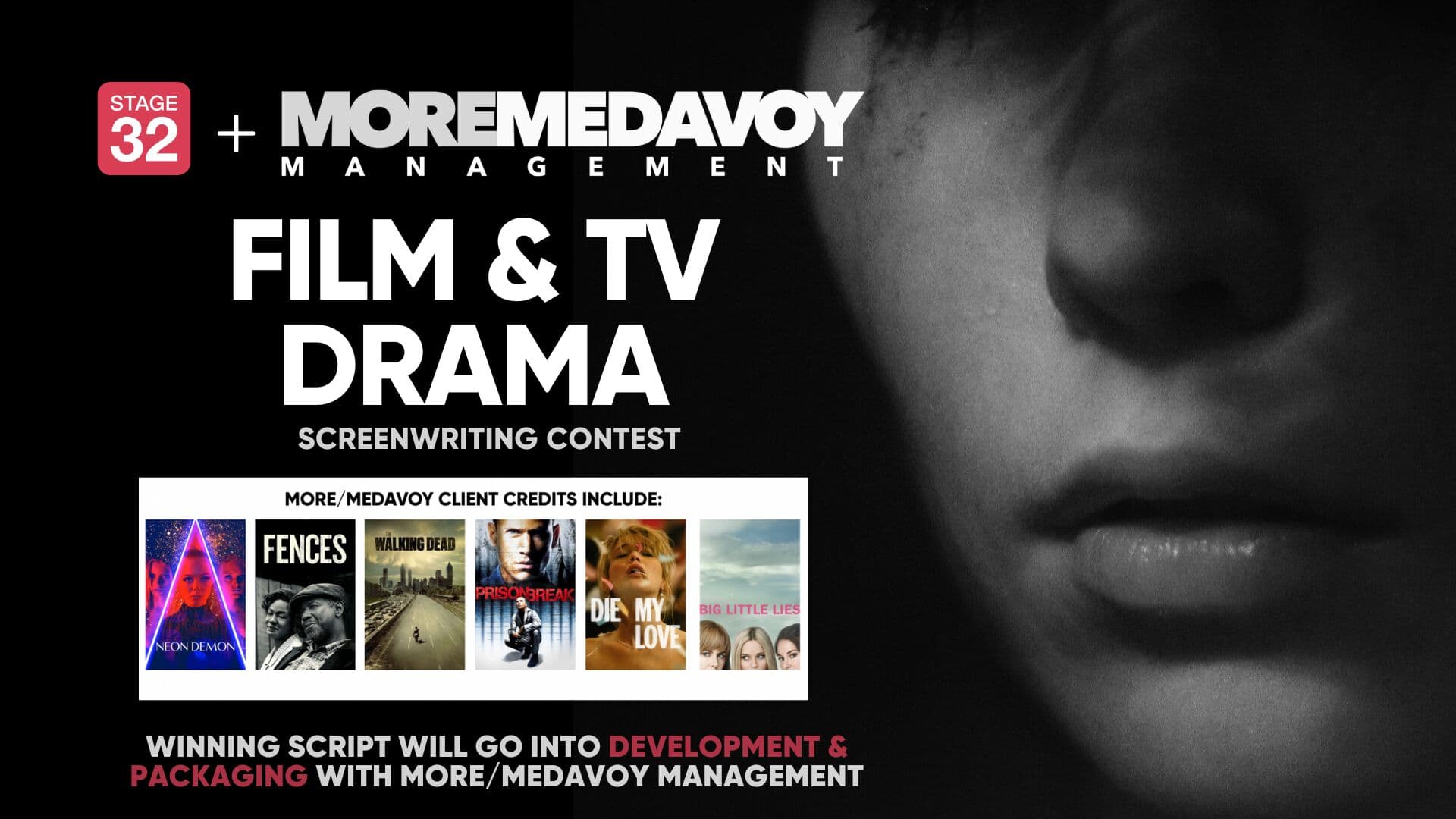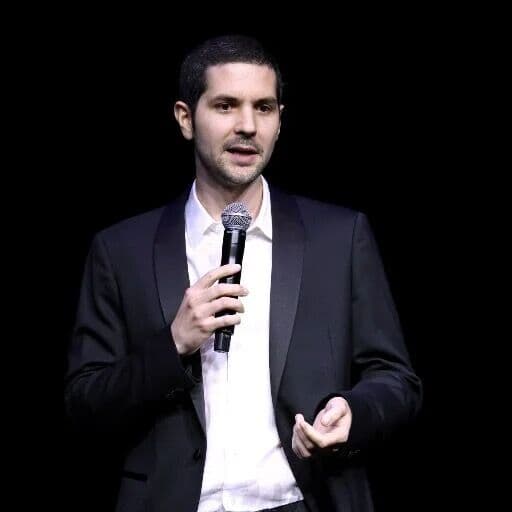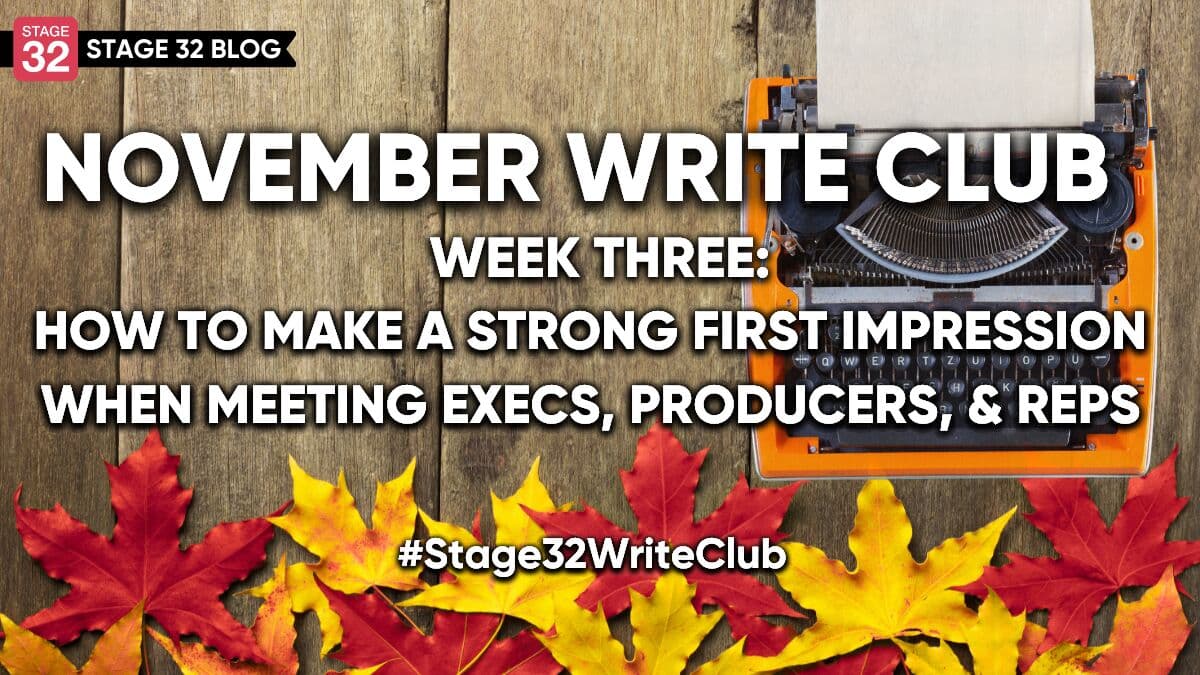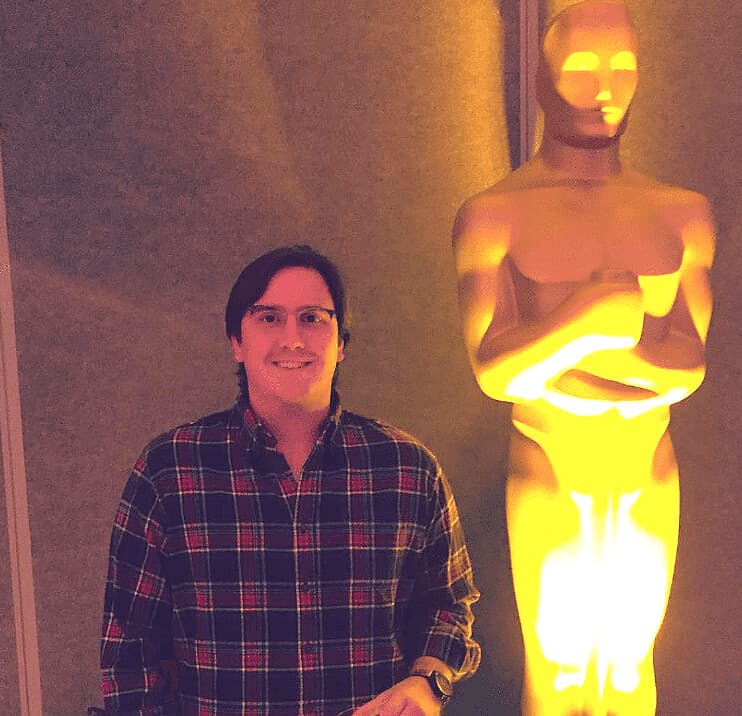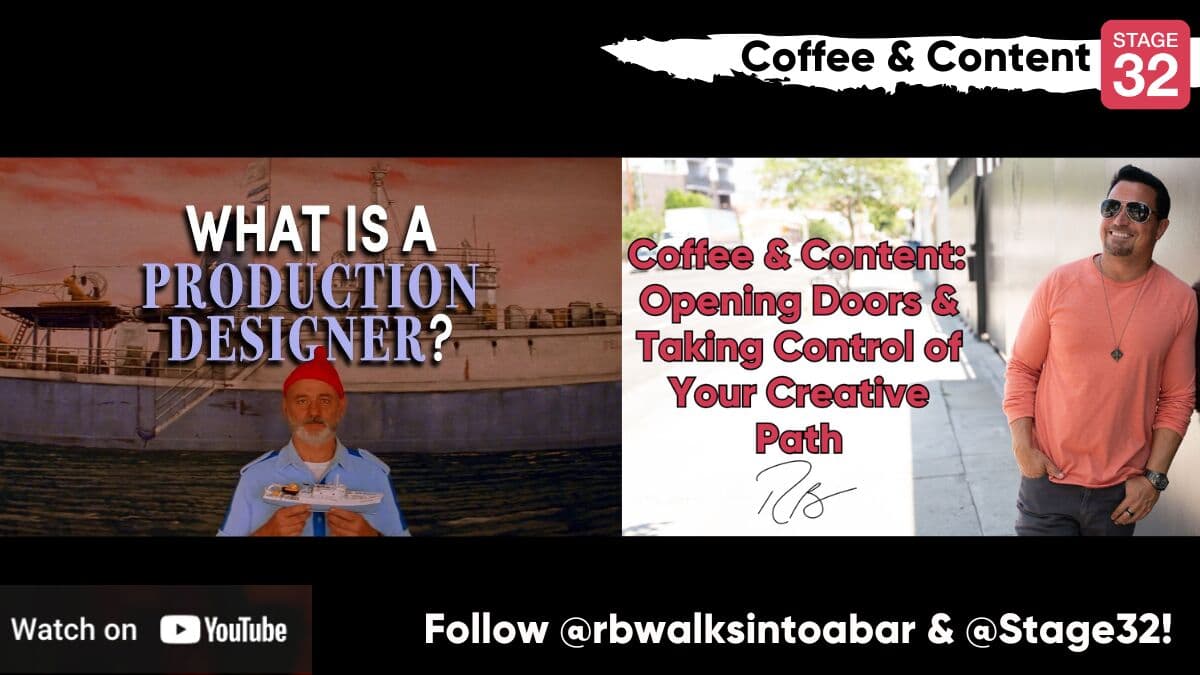How To Set An Intention & Achieve Your Entertainment Goals

How To Set An Intention & Achieve Your Entertainment Goals
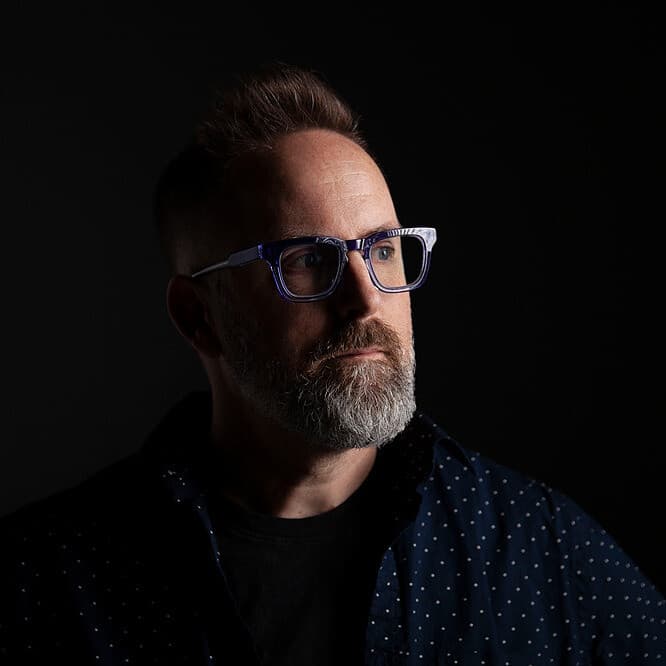
Very early in my career as a storyteller, I adapted a few practices that relate back to lessons I learned from my yoga practice. This came about because I had a break-down/break-through moment during my second year in art school. The result of creating several projects with less-than-desirable results was devastating. I felt miserable. I put my whole self into every aspect of the work, and when it failed, I felt internally as if I had failed. Hence, began my search for something that would not fail.
I found yoga, or my version of self-unification (or any activity that makes me feel whole). What I learned about making films and any art form is that it's all a practice and sometimes there are problems that can’t be solved. In my current perspective, there is no such thing as failure, only change and growth. I read once that David Lynch spends an hour in the middle of his productions each day to sit and meditate. I can only imagine that if all filmmakers had that inner connection, they would only make their best work. There are literally hundreds of ways to find that connection and anyone can find it.
One thing I have carried forward with me in my creative career is the desire to spend as much time as possible with those who I see as more experienced than I. Essentially, they are my mentors. It is good to remind yourself that at any given point in your creative endeavors, there is always someone better than you. This is a great thing to remember because it means there’s a solid reason to continue refining your craft and to seek inspiration. Ask yourself this: “If I had reached my highest peak in my pursuit and thought that no one was higher than myself, would my path be worth continuing?” I think it was Rodger Deakins who said, “You're only as good as your next movie.”

What is Your Burning Desire, and How Do You Know it's the Right One?
A few more years went by and I found myself wanting to travel. I had already had many important travel experiences, but my true heart’s desire was to experience India. I told myself that I would wait for a sign that it was time to go, and not book a trip until I was absolutely sure it was the right time.
Here is how it went down. After yoga one day, a friend approached me and said, “I have an opportunity to go to India but I can’t go, so I want to offer it to you.” This message was a complete surprise, as I had never mentioned my desire to anyone. At that time, I had no money, no job, and some debt that I had no way of paying. I immediately heard a voice in my head: “You’re never going to be able to do it.” I had heard these words spoken throughout the course of my life, especially when it came to hard-to-reach goals.
For some reason, this time I had a deeper intuition that this opportunity shouldn’t be ignored, so I shoved off that negative voice, and I began to listen to my own. I investigated all my options, and it appeared that the best timeline was to leave in three months. For me, the burning desire to go to India was a motivational energy that had never left my consciousness. Even though there were sometimes months or years that it wasn’t in my present thoughts, when it did arise it always resurfaced with the same or more intensity than it had before. For a creative person working the film business, the idea that keeps resurfacing is the one that is worth your special attention. In my current workflow, I write down ideas and then detach from them. I return back to them periodically, each time discovering the ones that have stuck. Sometimes the ideas I’ve detached from even resurface on their own.

How Good is Your Relationship with Yourself?
Do you ask yourself questions about the intention behind what you're doing? How often?
A few months before my trip to India, I began a process of deeply questioning my path in life. I put forth all my effort, slowing down my every thought and activity, and asking myself one thing before I thought, said, or did anything: Does this serve me? After a while, the answer YES showed up more and more, and the direction my life was heading toward became clear. Three months later, my debt was paid off, travel funds were raised, and tickets were purchased for the trip to India.
This was exciting. But how did I know I was ready? And what did I hope to experience on this journey? These were two questions that I asked myself daily.
The thought process I embraced was breaking down each question that arose in my mind, and compartmentalizing and studying my every thought and pursuit. Once I became more focused, I realized why I was going to India. This was not going to be a self-discovery, yoga retreat kind of journey. I was going to experience Indian culture. I had no questions about yoga when I boarded the plane; it all made sense to me. I wanted to discover the root of what the country was about.
I was terrified when I left because I realized I had no idea what traveling abroad would be like for me. I was open to any kind of experience, though, and I had structured my time in India to allow serendipitous experiences to manifest. I only had one planned activity on this trip, which was to discard a piece of the World Trade Center, which I had been saving over the years after 9/11, into the Ganges. During my last week in India I fulfilled this goal, and the whole trip was far more exciting than I could have ever imagined. I only practiced yoga two times in India: once with an instructor and the other time by myself while I was visiting a friend in the Himalayas.
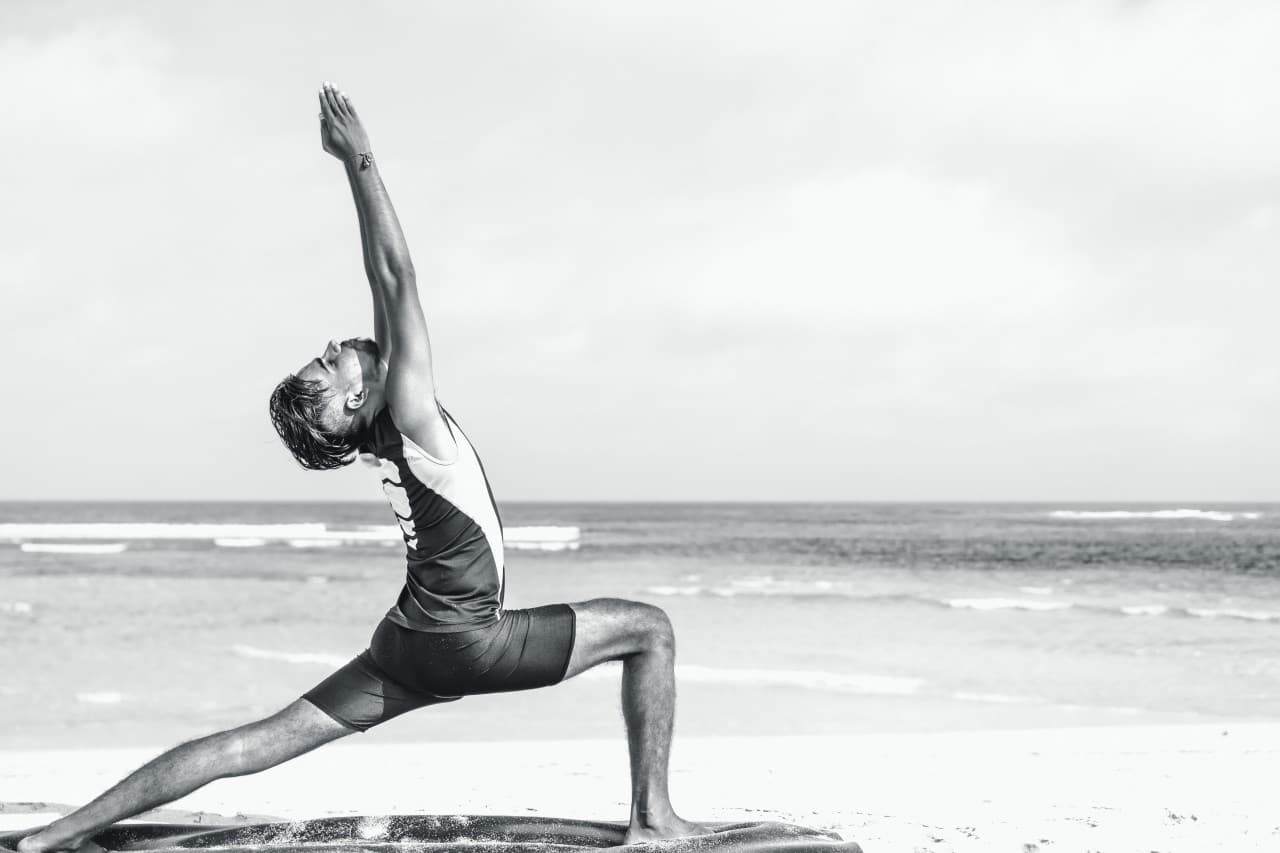
How Much Do You Really Love Yourself?
This question never came up for me on my trip to India. At that time in my life, I was just beginning to understand what that question meant. I wish it had come up during my trip, because it may have brought me some comfort during times of intensity. But I was not at a place where I could fully understand it. At that point, my mind was focusing on things like, “Why can’t I do a headstand?? A few weeks ago I was doing a much less clumsy headstand and for much longer!” Eventually, I was able to surrender to the idea that this was who I was at that moment and that someday I might be able to get back to where I was a few weeks earlier, and simply be comfortable with where I was at that moment.
As filmmakers, the last thing we do every day is take care of our own comfort. “Isn’t that what producers are for?” you might ask. The point is that in your career you will always be at a different level, and so will the people who are working around you. At some point you’ll get there, you’ll make your film, you’ll do a headstand, or you’ll land a lead in a studio feature! Never forget to love yourself more than your dream.

Micro-Compartmentalism is the Key to Success
Back to my pre-India timeline. You now understand that before my trip I was doing a lot of listening and focusing on my own thoughts and actions. I increased the amount of deep questioning for a period, which led to a clear path forward. You might even call this Preproduction. Listening to your authentic self and acting on your own needs will most certainly increase your self-confidence, and that equals self-love. When you're listening, breaking down the questions, and problem-solving, you really can compartmentalize each topic and begin to process and move through your journey.
The filmmaking journey requires an immense effort with an endless to-do list, but it’s possible to succeed if you really slow down and compartmentalize your tasks. For example, if you are trying to get your project written, and the wave of distraction is on your back, then just make a commitment to write for one hour three times a week. Let’s break that hour down to 10 minutes of review, 40 minutes of writing, and 10 more to rewrite or review. Stick to the time, and then move on to another task. In any given week, you will have written just under 1/3 of a feature script or book project.
“A path is only a path, and there is no affront, to oneself or to others, in dropping it if that is what your heart tells you . . . Look at every path closely and deliberately. Try it as many times as you think necessary. Then ask yourself alone, one question . . . Does this path have a heart? If it does, the path is good; if it doesn't it is of no use.” ― Carlos Castaneda
Let's hear your thoughts in the comments below!
Got an idea for a post? Or have you collaborated with Stage 32 members to create a project? We'd love to hear about it. Email Ashley at blog@stage32.com and let's get your post published!
Please help support your fellow Stage 32ers by sharing this on social. Check out the social media buttons at the top to share on Instagram @stage32 , Twitter @stage32 , Facebook @stage32 , and LinkedIn @stage-32 .
About the Author

Derek Johnson
Camera Operator, Cinematographer, Director, Gaffer/Lighting Technician, Producer
I am a film producer, director, cinematographer, and sometimes writer. I have a lifelong addiction to cameras, stories, and pizza. I am also known to go to unbelievable lengths to find a great cup of coffee. I am known for creating powerful interviews that go really, really deep into storyt...
